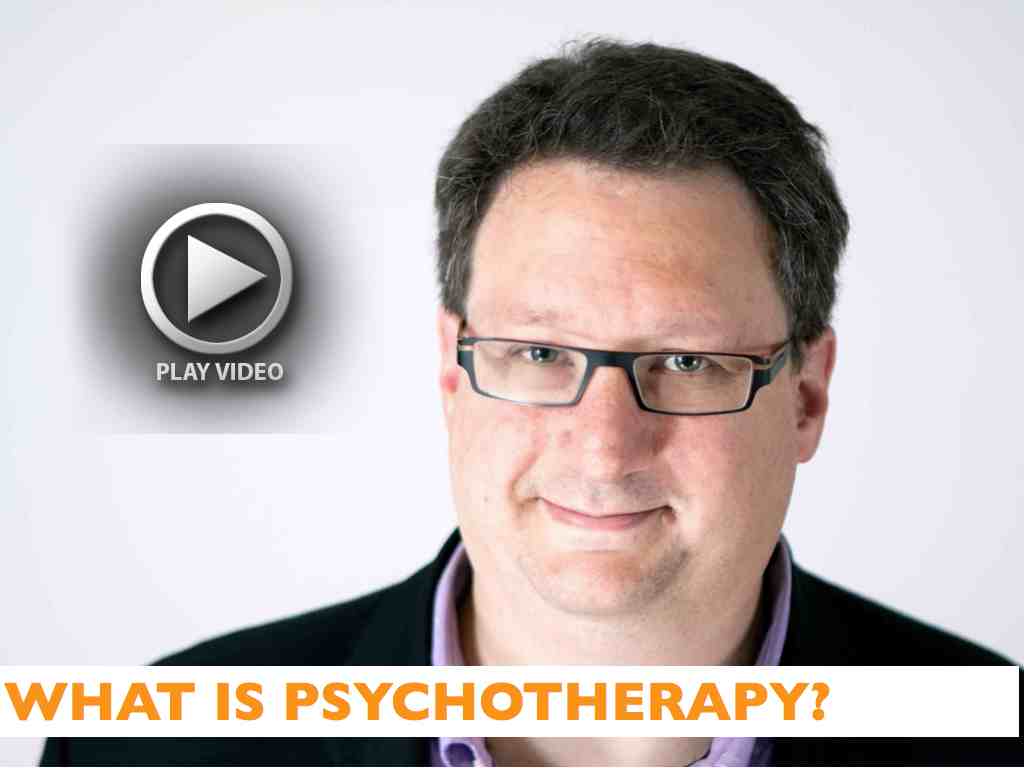Take the first step. Call to talk
(416) 907-6085
Obsessive Compulsive Disorder Treatment
People assign two meanings to OCD. I work with both. If your life is severely impacted by rituals or compulsive behaviours (e.g. having siginficant difficulty leaving your house for appointments or to hold down jobs), click here. If, however, you can function well, but just tend to do things over and over again, or obsess about things like arranging files on your desk or never passing-up a chance to go out, click here
OCD As A Major Condition
For some people, it is very difficult to live a normal life because they engage in rituals to the point where their lives are severely impacted because engagement in the rituals takes so much time away from other activities, such as work, relationships and relaxation. In this case OCD is considered a fairly major psychological disorder, and is an extreme form of anxiety. No matter how hard you try to reduce the compulsive behaviour, it is likely you meet with little success. I use a mixture of standard CBT techniques to address the fears and anxieties that ground the ritualistic behaviour, as well as psychodynamic therapy, which gives you personal, intellectual and emotional insight into the anxiety you are facing. Both help to address the bad and recriminating feelings that people with OCD have about their condition and behaviour.
OCD As Annoying Behaviour
If you find that OCD means to you that you are repeating some unwanted behaviours, or cannot seem to stop a certain kind of behaviour, like constantly cleaning your kitchen, or constantly going out to social events, you are exhibiting compulsive behaviour that may be annoying to yourself or those around you, and you may wish to stop it. In this case, I work with people to make them fully aware of what they are doing, thinking and feeling in thses situations. For example, learning the difference between "I have to" versus "I am doing" or "I must" versus "I choose to". When people I see in therapy have compulsive behaviour, the goal becomes to get them to "own" their behaviour. Of course, this is much more complicated than it seems. It is NOT simply a matter of changing one's language into something like "I choose to engage in such and such behaviour." If someone knew their compulsive behaviour was a choice, they would already choose not to do it. In order for someone to give-up their compulsive behaviour, it is necessary to understand why the behaviour is of benefit to them, and then to accept the inevitable discomfort that comes with giving-up such behaviour.


